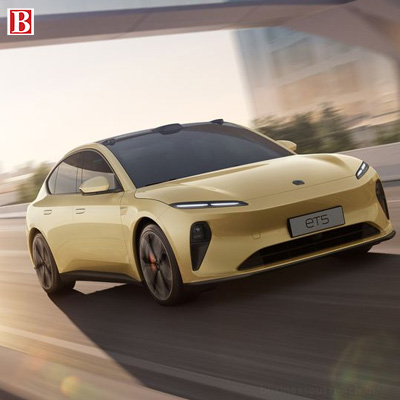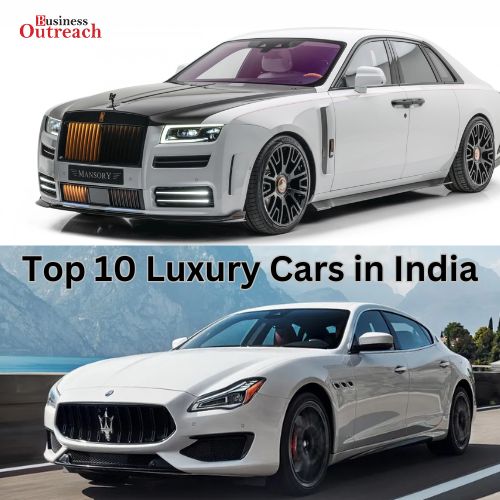Nio Inc., a Chinese electric vehicle manufacturer, has unveiled its second sedan, which will directly compete with Tesla Inc.’s most popular Model 3.
Nio Inc., a Chinese electric vehicle manufacturer, has unveiled its second sedan, which will directly compete with Tesla Inc.’s most popular Model 3. William Li, the company’s founder, and CEO unveiled the all-electric ET5 at the annual Nio Day event in Suzhou on Saturday. The most basic variant is designed to drive 550 kilometers (342 miles) on a single charge, with a starting price of 328,000 yuan ($51,450) before government subsidies and 258,000 yuan with a leased battery. In China, an entry-level Tesla Model 3 costs 255,652 yuan after subsidies.

In September, the ET5 will be available. It will be available in March, following the launch of Nio’s first and more expensive ET7 electric sedan, which Li sees as a competitor to Tesla’s Model S. In 2022, Nio is expected to unveil yet another electric vehicle.
“As Nio has long focused on sports utility vehicles, ET5 is a key product for us,” Li said in a Bloomberg interview on Saturday. “We had hoped for a model with a more reasonable price and a larger customer base.”
After a foray into Norway earlier this year, Nio also provided a roadmap for its international expansion strategy. In 2022, the Shanghai-based company plans to expand into Germany, the Netherlands, Denmark, and Sweden, with a goal of reaching 25 countries by 2025. It also wants to sell in the United States.
According to Li, more automotive chip output will be released in the middle or third quarter of next year, which should not affect the ET5’s scheduled delivery, though “even a shortage of one single chip of the over 1,000 units equipped on our car may affect production.”
As a Chinese company with a U.S. listing, Li said investors have expressed concern, particularly in light of Didi Global Inc.’s troubles. The ride-hailing giant has struggled since its initial public offering in July and is now pulling out of U.S. stock exchanges, a stunning reversal as it bows to Chinese regulators’ demands, which had opposed its American listing due to concerns about the potential leakage of sensitive data.
“We hope that political issues will have little impact on a company’s growth, and we will certainly follow local laws and regulations,” Li said.
According to the China Association of Automobile Manufacturers, Nio is expanding its product lineup from SUVs to compact cars to broaden its appeal in China’s increasingly competitive EV market, where sales are expected to rise 47 percent to 5 million units next year.















